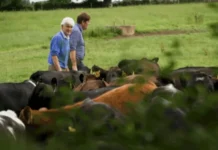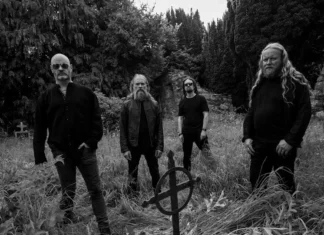A five year medical trial in Ireland to see if aspirin can stop early-stage cancer from returning after treatment is being led by a consultant oncologist at University Hospital Galway.
The Add-Aspirin trial is for people who have had, or have started, treatment for early-stage cancer of the breast, stomach, oesophagus, prostate or bowel.
Dr Greg Leonard, consultant medical oncologist at University Hospital Galway, is the Principal Investigator of the trial, which is being coordinated through Cancer Trials Ireland.
Three hundred patients around Ireland will self-administer a dose of aspirin a day for five years after receiving standard treatments to held researchers see if it can help stop the cancer returning.
The trials will take place at hospitals in Galway, Sligo, Limerick, Cork, and Dublin from this month on.
This part of a larger, international trial involving 11,000 patients across Ireland, the UK, and India.
Dr Leonard said of the trial, “At a time when we are used to new cancer treatments being relatively costly, the possibility of repurposing an inexpensive, generic drug that is available worldwide to stop or slow cancer is potentially ground-breaking.”
“The results of this trial could have a huge impact on the global cancer burden, particularly given the increasing cancer incidence in lower resource countries.”
Participants will be recruited for the trials over the next three to six years, and will then be checked ten years after their treatments.
This is the first large scale test investigating the potential anti-cancer effects of aspirin on early-stage cancer patients.
It comes after research into using aspiring against heart disease suggested that it may be beneficial to cancer patients.
The launch of this trial coincides with Cancer Week here in Ireland which runs from Monday, September 24 – Sunday, September 30.
The research is funded by the Irish Cancer Society and the Health Research Board.












